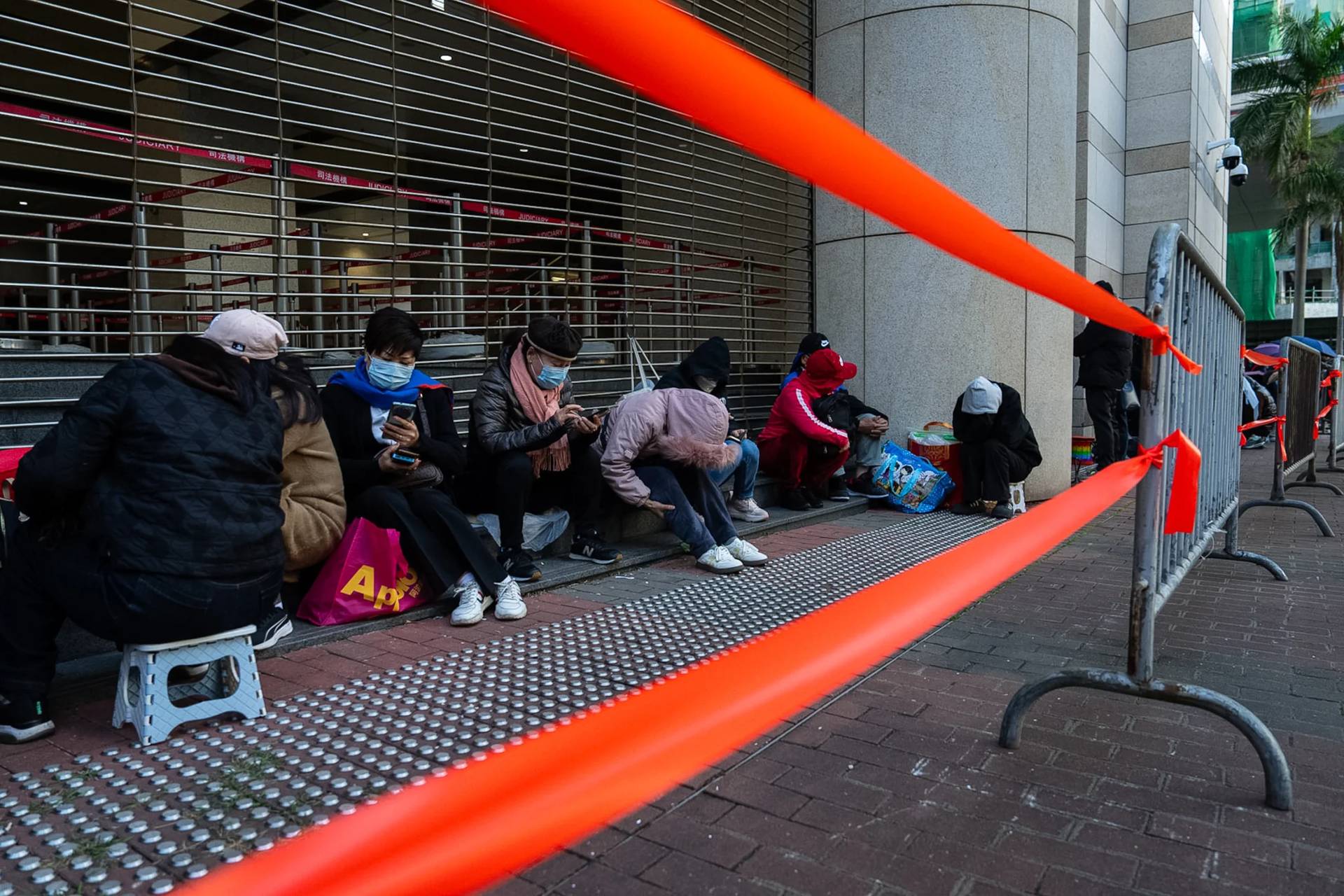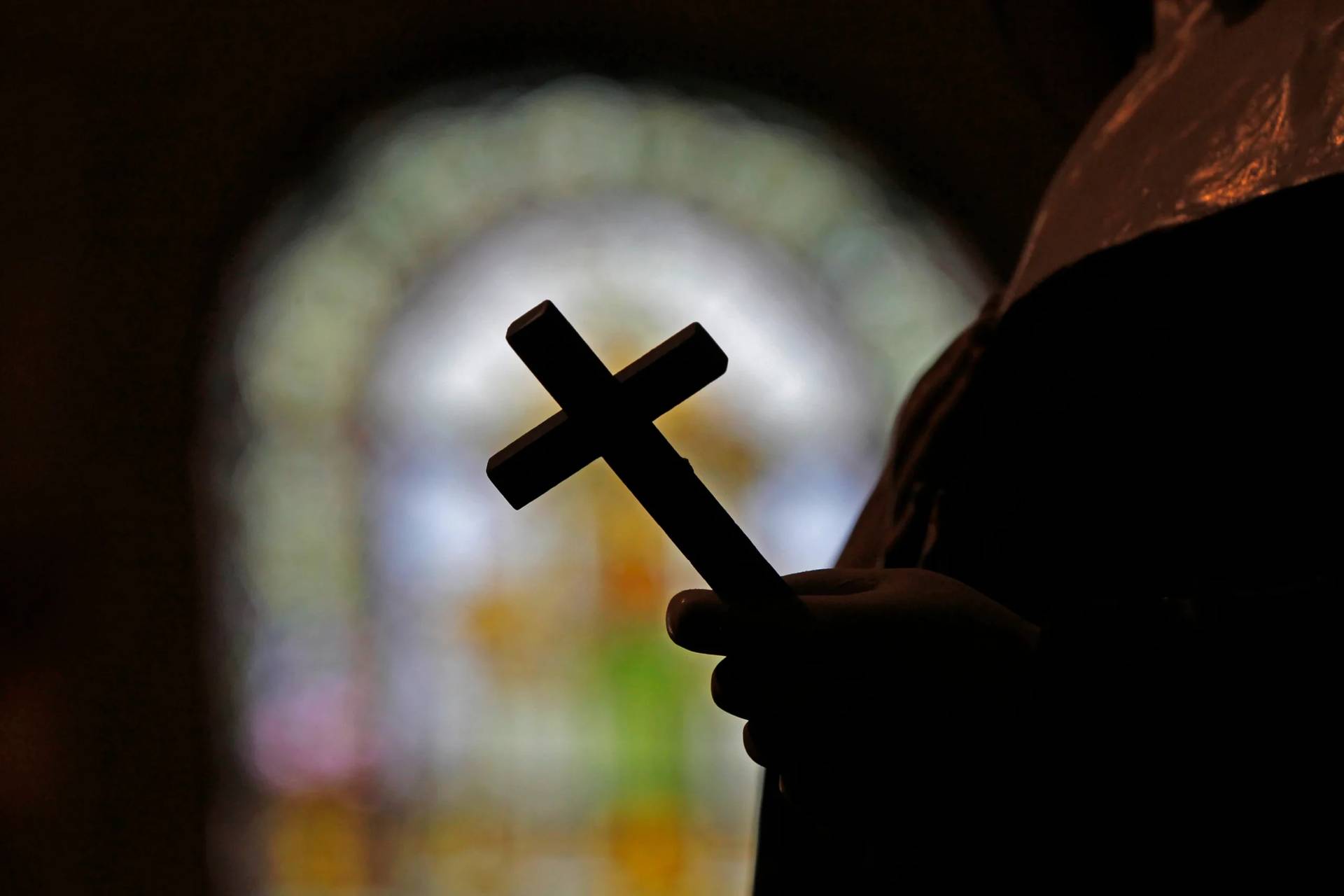Mary Ellen and I were setting up for a dinner party at her modest but beautifully designed (Frank Lloyd Wright style) home in South Bend, Indiana. Good music was playing. Good drinks were being mixed. And good conversation — punctuated at times by both her infectious laughter and tones of deep concern — flowed as I set the table and she prepared dinner.
It isn’t often one gets to have such conversation with a first-rate scholar, Catholic, and human being — but then I was incredibly lucky to call Mary Ellen Konieczny a colleague and friend.
The conversation ranged widely: From Notre Dame football, to balancing critical scholarship with service to the Church, to resisting left-right polarization. This final topic was the focus of our partnership in co-organizing a major conference at Notre Dame, and she had invited several of her friends over who were interested in the topic to discuss over dinner and drinks.
As the guests began to arrive — everyone from university presidents to neighbors — it was clear that Mary Ellen, as a person, was a kind of glue which bonded people together. Liberal or conservative, activist or researcher, cynic or optimist—affection and love for her was the common denominator. Anyone meeting her would not be surprised by this fact: her kindness, authenticity, and good humor drew many different kinds of people into her circle.
Though those of us who were fortunate enough to experience this personally will never forget it, we will now have to focus on our memories. For Mary Ellen, fighting a relapse of a very serious cancer, tragically died this past Saturday at the age of 58.
Her untimely death is not only devastating for her family and friends, but also for the Church, and especially the American Catholic Church. At a time when polarization is creating new and deeper wounds, even within the U.S. hierarchy itself, Mary Ellen’s research and service were at once a reality check and healing balm.
As her obituary notes, “She loved finding connections others didn’t see, and building bridges others didn’t think possible.” She did this at first working with Cardinals Joseph Bernardin and Francis George on staff with the Archdiocese of Chicago, but she would go on to get her PhD in sociology from the University of Chicago and land a job as a professor at Notre Dame.
Toward the end of my final phone conversation with her, I distinctly recall a classic Mary Ellen approach to university Catholic culture and politics. Unapologetically and yet sensitively pro-life, she was explaining how she balanced this commitment in the context of her strong role with the Women’s Studies community on campus. Far from abandoning one concern for the other, Mary Ellen — much like Bernardin himself — was finding a way to bridge gaps in the Church many believe to be unbridgeable.
Her landmark book with Oxford University Press, The Spirit’s Tether: Family, Work, and Religion Among American Catholics, is an absolutely essential resource for informed thinking about resisting polarization in the U.S. Catholic Church. Too often theologians and others who serve the Church make judgments based on virtually no sociological research at all, but Mary Ellen occupied a space in which her love for and service to the Church was always disciplined by her research and careful attention to a wide-range of arguments.
(If you want to get a sense of this, you may wish to take a moment to listen to her interview with the Daily Theology podcast in which so much of her spirit, activism, and research is on display. Trigger warning for those of us who know her, however: Hearing this voice will almost certainly remind you of just what a deeply painful loss this is.)
The sociological insights present at the Notre Dame polarization conference gave it an informed authenticity often lacking in other contexts. Rather than organized around the very particular intuitions, experiences, or agendas of a small group of privileged people, both the planning and discussion surrounding this conference was deeply informed by sociological research across a broad range of U.S. Catholic populations.
Georgetown University’s Initiative on Catholic Social Thought is in the process of planning a follow-up conference in early June, but without Mary Ellen to drive the connection between theology and sociology we risk losing something essential as we aim at the goal of the conference’s hashtag: #UnaEcclesia.
But as much as I care for the Church, and wish to underscore what a loss her death is in this context, this is really a tribute to the person herself. As those of us who knew her have commiserated over the past few days I’ve heard a lot of descriptions which seem cut from the same cloth. Her scholarship and activism was always grounded in a far more fundamental value: The lives of real people in whom she was intensely interested.
She was “an incredible teacher and mentor.” She “laughed hard and loved a lot.” “One of the kindest people I ever knew.” “Dearest friend I’ve ever had in academe.” “One of the wisest and most loving hearts.”
Save us a glass of wine at the heavenly banquet, Mary Ellen. And in the meantime, please put in a good word for us. We need it.















